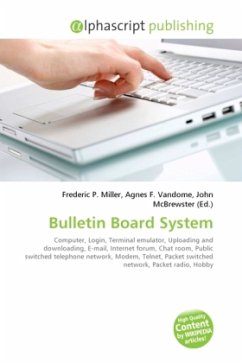The Internet Engineering Task Force (IETF) has recently released network mobility standards that allow deployment of TCP/IP networks on-board a vehicle and maintain permanent network connectivity to the Internet via a vehicular mobile router. This recent development opens up new opportunities for providing efficient mobile computing for users on the move, especially for commuters traveling on public transports. Moreover, central and coordinated management of mobility in a single router, rather than by each user device individually, has numerous advantages. In this architecture, however, it becomes challenging to guarantee network performance due to the mobility of the network and inherently vulnerable nature of wireless links. In this book, a detailed performance study of on-board networks is conducted. Studies show that the performance of protocols can be improved if the link quality is predicted in advance. To improve fairness in this highly dynamic scenario, an adaptive mobilerouter based fairness control mechanism is also proposed. This book also discusses implementation issues for the proposed solutions.
Bitte wählen Sie Ihr Anliegen aus.
Rechnungen
Retourenschein anfordern
Bestellstatus
Storno








